North Korea hails 'good results' in COVID-19 fight as caseload passes 2 million
North Korea on Friday claimed “good results” in the fight against the country’s first confirmed coronavirus outbreak even as the number of people with fever symptoms crossed two million.
A wave of COVID-19 infections, which hit the isolated, sanctions-battered country last week, has given rise to fears about a lack of medical resources and vaccines in North Korea to contain the outbreak.
But authorities in Pyongyang on Friday said they had seen good results in containing the outbreak.
The country’s 26 million people have not been vaccinated against the virus after North Korea rejected millions of doses offered under the WHO-led COVAX program.
The country, reeling under the international sanctions over its nuclear program, reported 263,370 more cases with fever symptoms and two more on Thursday, taking the total fever caseload to 2.24 million, including 65 deaths, according to state media the Korean Central News Agency (KCNA).
"Even under the maximum emergency epidemic prevention situation, normal production is kept at key industrial sectors and large-scale construction projects are propelled without let-up," the news agency said in a report.
"Good results are reported steadily in the ongoing anti-epidemic war."
Pyongyang has not responded to offers of help from countries including South Korea and the US, South Korea’s deputy national security adviser was cited as saying.
The World Health Organization (WHO), which is “deeply concerned at the risk of further spread”, said the country has not responded to requests for information about the outbreak.
UNICEF said on Thursday it had proposed a “package of support that could help protect health workers and manage caseloads” but had not yet been able to contact its partners in the country.
Meanwhile, there are unconfirmed reports that Pyongyang has turned to China, its neighbor and close ally, for assistance to fight the virus outbreak.
Earlier this week, North Korean leader Kim Jong-un blasted the country’s crisis management over the alarming outbreak, ordering the deployment of the army to help distribute medicine.
Kim “strongly criticized” healthcare officials for what he called a botched response to epidemic prevention and failure to keep pharmacies open round the clock, according to KCNA.
He ordered the army to focus “on immediately stabilizing the supply of medicines in Pyongyang”, where the Omicron variant of coronavirus was detected last week, bringing life to a grinding halt.
The isolated country has enforced strict quarantine measures, including border lockdowns, since the pandemic broke out in early 2020.
The country had reported no cases until last week, which raised the possibility of a lack of rigorous testing or treatment campaigns in the country.
It is one of only two countries in the world that have yet to begin a COVID vaccination campaign, according to the World Health Organization (WHO).
The UN human rights agency has warned of “devastating” consequences of the pandemic for the country while WHO officials worry an unchecked spread could lead to the emergence of deadlier new variants.
North Korea has been under rounds of crushing international sanctions since 2006 over its nuclear and ballistic missile programs, taking a heavy toll on the country’s population.
Despite UN claims that the imposed sanctions would not affect the delivery of desperately-needed humanitarian aid to North Korea, relief organizations have repeatedly said that strict trade and banking measures have hindered the flow of such vital supplies.
VIDEO | Pakistani Christians mark Christmas in solidarity with Palestine
VIDEO | Plight of Gaza cancer patients
Dozen people killed in armed clashes in Syria’s Tartus
VIDEO | Yemen’s hypersonic missiles continue targeting Israel
VIDEO | Intl. event marks Yalda Night, Christmas, Birth Anniv. of Lady Fatima (PBUH)
Russia urges IAEA to uphold impartiality in monitoring Iran's nuclear facilities
VIDEO | Sana’a university students slam US-Israeli aggression against Gaza, Yemen
Yemeni drone operation targets Israeli industrial zone


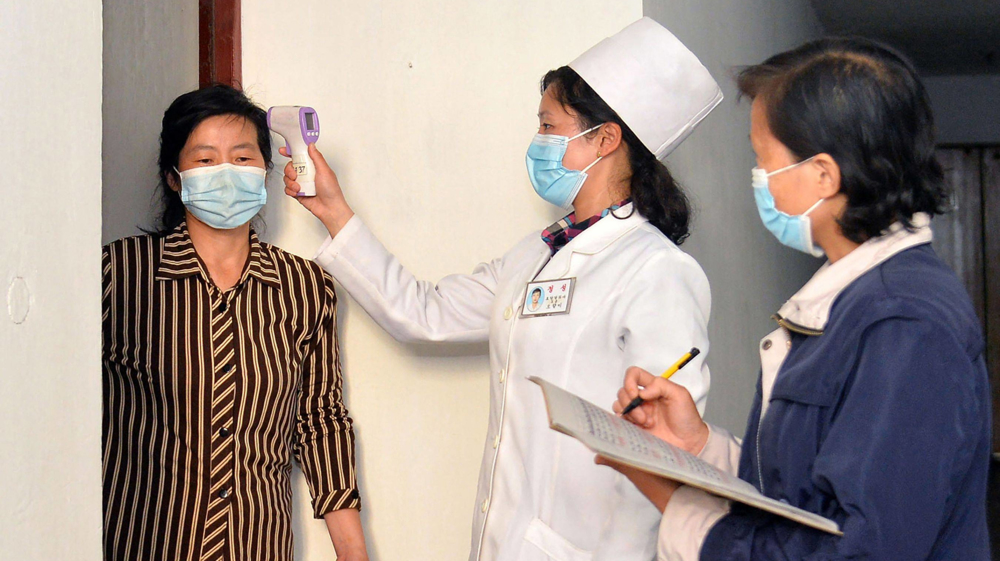
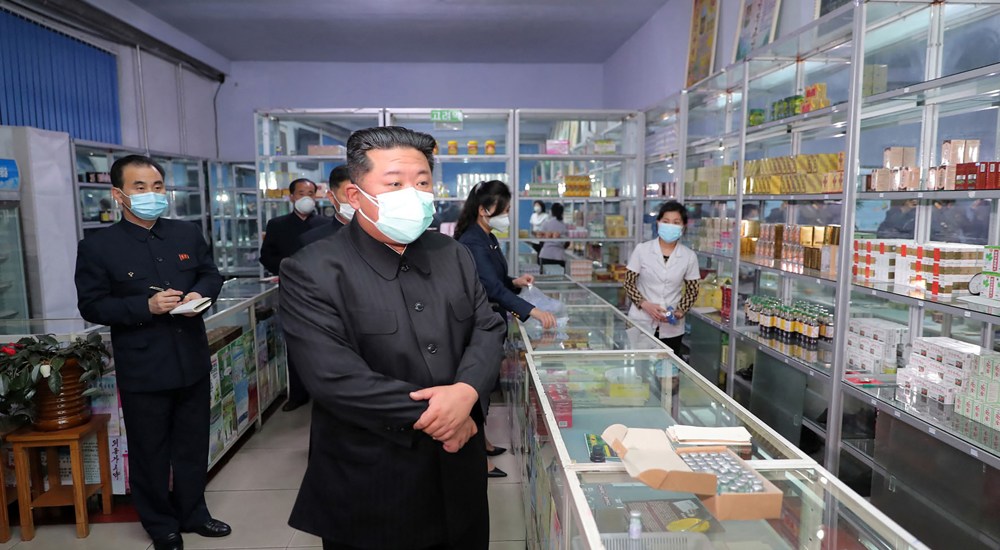
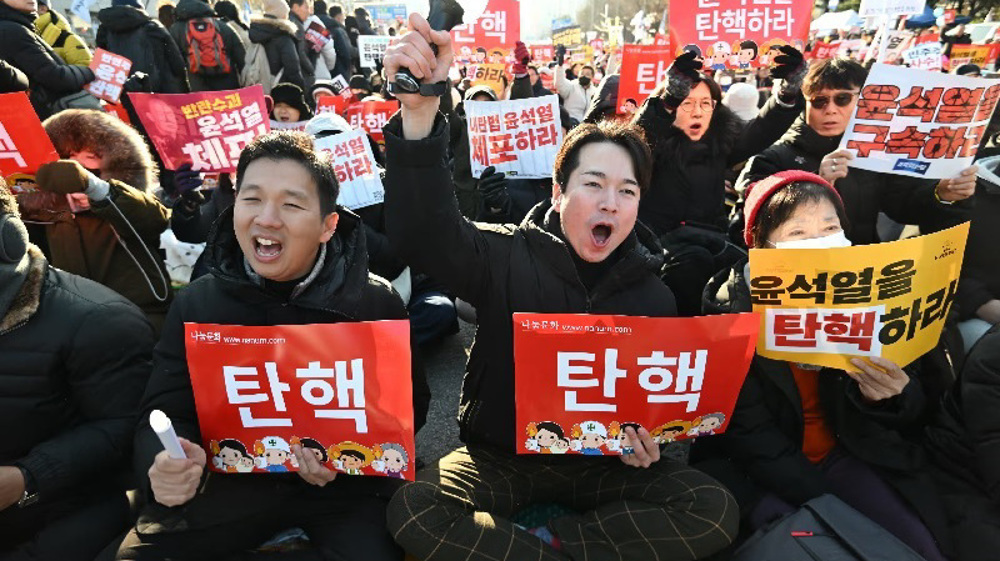
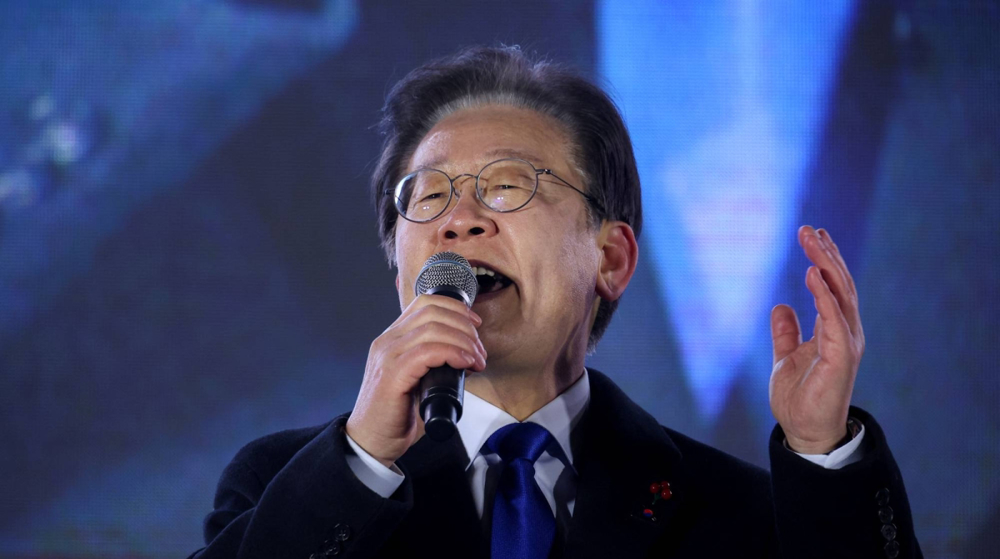
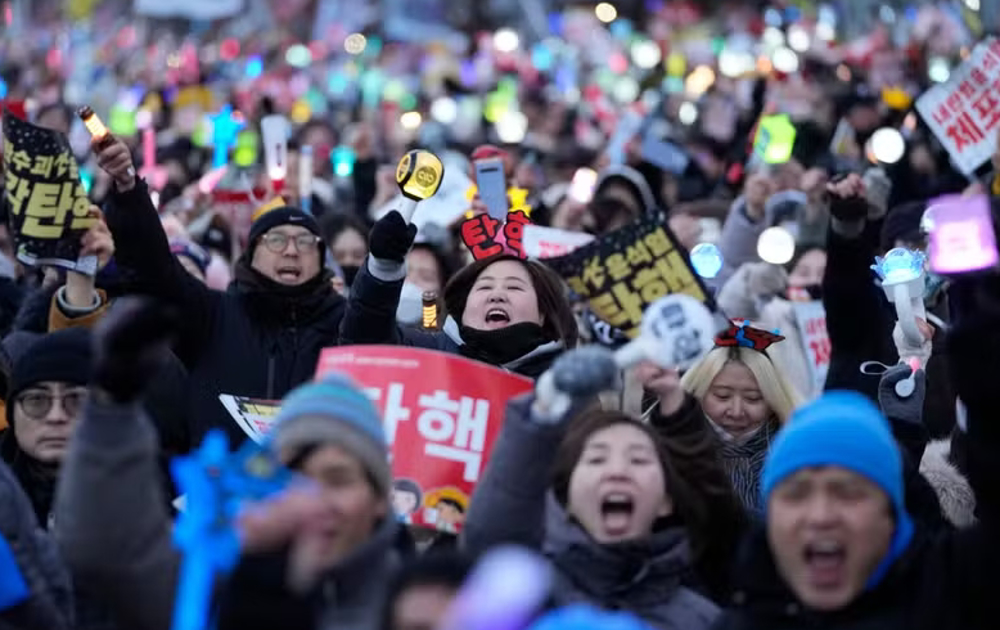



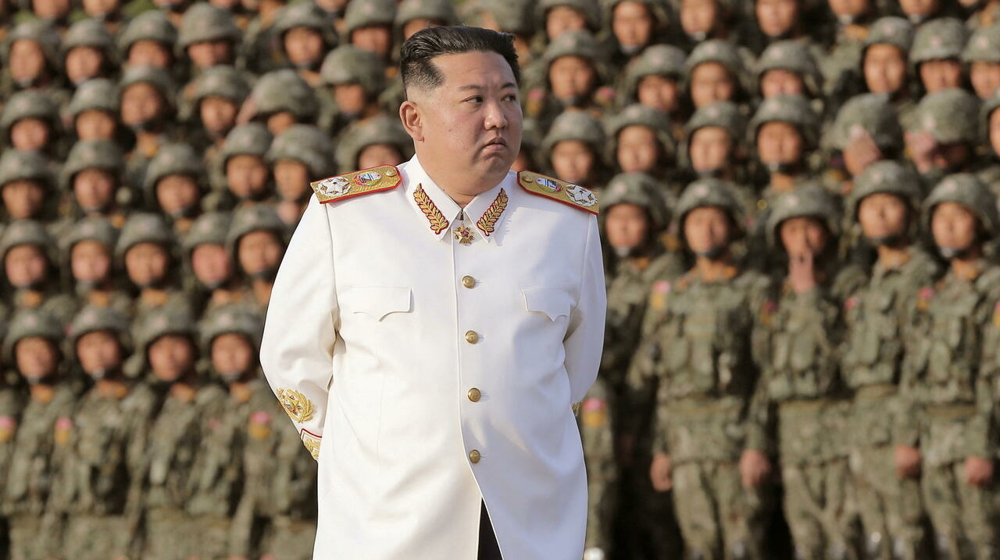
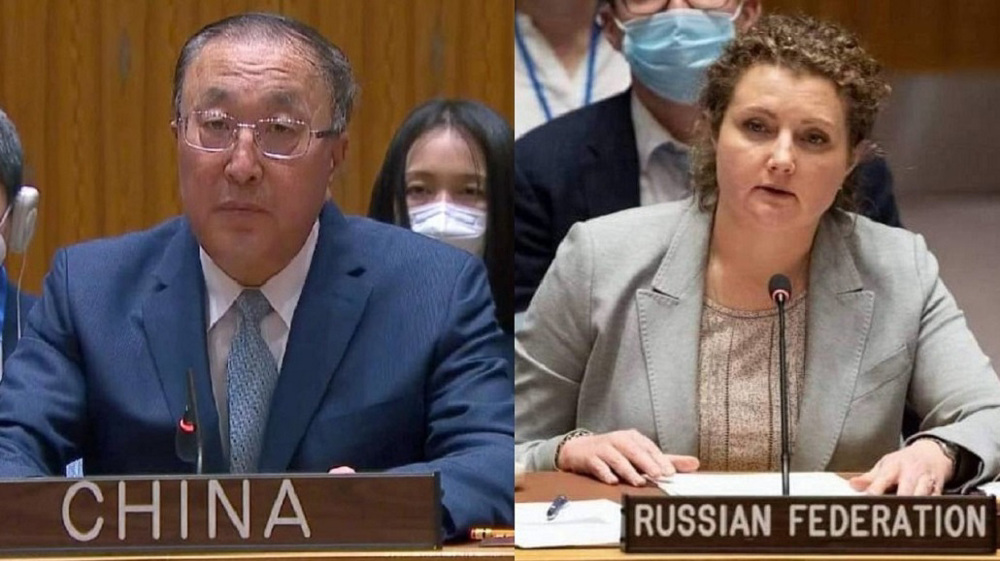
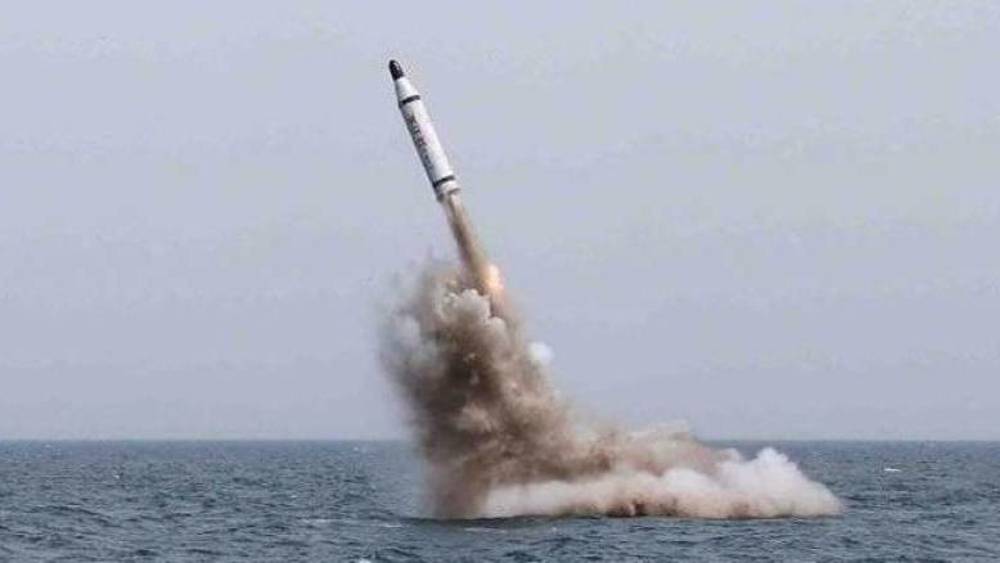

 This makes it easy to access the Press TV website
This makes it easy to access the Press TV website